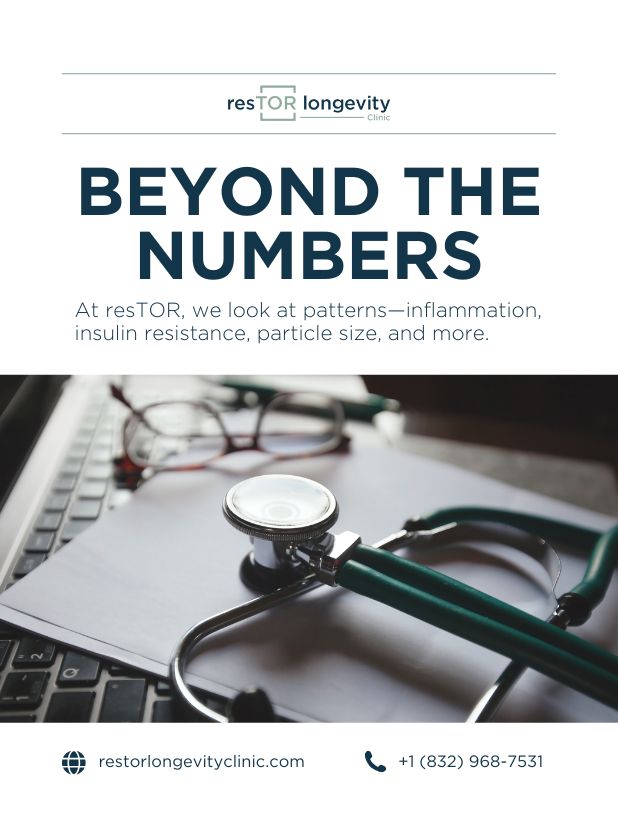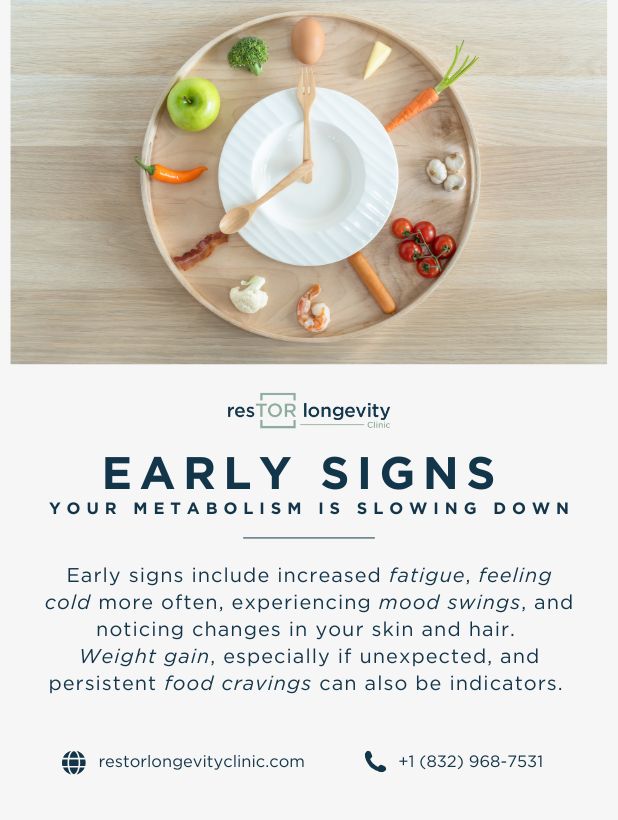Have you ever walked away from a doctor's appointment feeling like something was left unsaid? Did you know that while many doctors focus primarily on LDL cholesterol levels, crucial patterns influencing your health often go unnoticed? Understanding what your lab results truly mean is essential to achieving optimal wellness. In this comprehensive guide, we will delve into key insights that lie beneath the surface of traditional health assessments. From inflammation markers to insulin resistance and particle sizes, you will learn how to identify vital indicators of your health through advanced diagnostic techniques. We'll equip you with valuable insights that can support your longevity journey, empowering you to proactively manage your health like never before. Our goal is to unravel the complexities of your health data and empower you to make informed decisions for a more vibrant and sustainable life.
Understanding Your Lab Results: The Bigger Picture
In today’s fast-paced healthcare environment, it's easy to overlook the intricate details hidden within lab results. Many healthcare practitioners often rely on conventional metrics like LDL (low-density lipoprotein) to assess cardiovascular risk. While LDL is a crucial factor, it's not the whole story.
The Key Elements of a Comprehensive Health Assessment
-
Inflammation
Chronic inflammation has been linked to numerous diseases, including heart disease and diabetes. Markers such as C-reactive protein (CRP) help gauge the body’s inflammation levels, offering insight into your overall health. -
Insulin Resistance
Managing your insulin levels is essential for maintaining energy and preventing metabolic disorders. A comprehensive health assessment includes tests for fasting insulin and glucose levels, which provide clearer insights into your metabolic health than simple blood sugar measurements alone. -
Particle Size
Did you know that not all LDL particles are created equal? The size and density of LDL particles can be critical in assessing cardiovascular risk. Small, dense LDL particles are more harmful than larger, buoyant particles. Advanced lipid panels can provide this granularity in analysis. -
Holistic Evaluation
A well-rounded understanding of your health requires assessing multiple dimensions, such as hormone levels, metabolic evaluations, and even genetic predispositions through full genome sequencing. Each of these facets plays a significant role in determining your unique health profile.
The Role of Diagnostics for Preventive Health
Healthcare isn't just about fixing problems; it's about preventing them before they occur. The integration of advanced diagnostics signifies a shift from reactive to proactive health management.
Full Genome Sequencing: Understanding Your Body's Blueprint
Full genome sequencing can provide invaluable insights into your genetic predispositions. Identifying genetic risks allows individuals to tailor prevention strategies accordingly, giving you the power to rewrite your health narrative.
Hormone Analysis: Balancing Your Body
Hormone levels impact everything from mood to metabolism. Conducting hormone analysis can reveal imbalances associated with fatigue, weight gain, and other health issues, allowing for informed treatment options.
AI Full-Body MRI Scans: A Revolutionary Approach
With advancements in technology, AI-enhanced full-body MRIs enable practitioners to detect abnormalities that standard imaging may miss. This comprehensive view helps provide insights on everything from early-stage tumors to structural abnormalities, ensuring early interventions where necessary.
Implementing Personalized Wellness Programs
It's not enough to have the data; you must take action. Personalized wellness programs offer tailored strategies to optimize nutrition, physical activity, mental health, and more, geared specifically toward you.
-
Nutrition
Understanding your body’s unique needs, including preferences and intolerances, is vital for long-term success. By incorporating nutritional plans that emphasize whole, nutrient-rich foods, you can fuel your body effectively and improve your overall wellness. -
Exercise Regimen
Regular physical activity is essential for long-term health. A personalized approach to exercise not only engages you in movement but also aligns with your fitness objectives and lifestyle preferences. -
Sleep Quality
Never underestimate the power of restorative sleep. Addressing sleep patterns and implementing strategies to improve sleep quality can greatly enhance your health and vitality. -
Mental Health
Mental and emotional well-being is foundational to overall health. Integrating mindfulness, stress management practices, or even therapy into your wellness program can lead to improved mental clarity and resilience. -
Disease Risk Prevention
Regular health assessments facilitate timely interventions, lifestyle changes, and medical follow-ups, which can significantly reduce disease risk. Integrating preventive strategies into your wellness plan can change your health trajectory.
The Importance of Communication in Health Assessments
Understanding lab results and diagnostics requires effective communication between you and your healthcare provider. Being empowered to ask questions, voice concerns, and express your needs will ensure that you gain the most from your health assessments.
Finding the Right Care Team
Not all health professionals are equipped to provide comprehensive analyses. Seek a healthcare provider who practices a holistic approach and adheres to the latest advancements in diagnostic medicine. Your care team should prioritize your long-term wellness above all.
Lifestyle Factors Affecting Your Lab Results
It’s also crucial to recognize external factors affecting your health. From diet to stress management, these elements can influence lab outcome interpretations directly.
-
Dietary Choices
Consuming processed foods high in sugars and unhealthy fats can create spikes in inflammation and insulin levels, affecting lab results negatively. Making conscious dietary changes can have a significant, positive impact on your assessments. -
Stress Management
Chronic stress can lead to hormonal imbalances and increased inflammation. Implementing mindfulness techniques such as meditation or yoga can aid in stress reduction and ultimately lead to healthier lab results.



